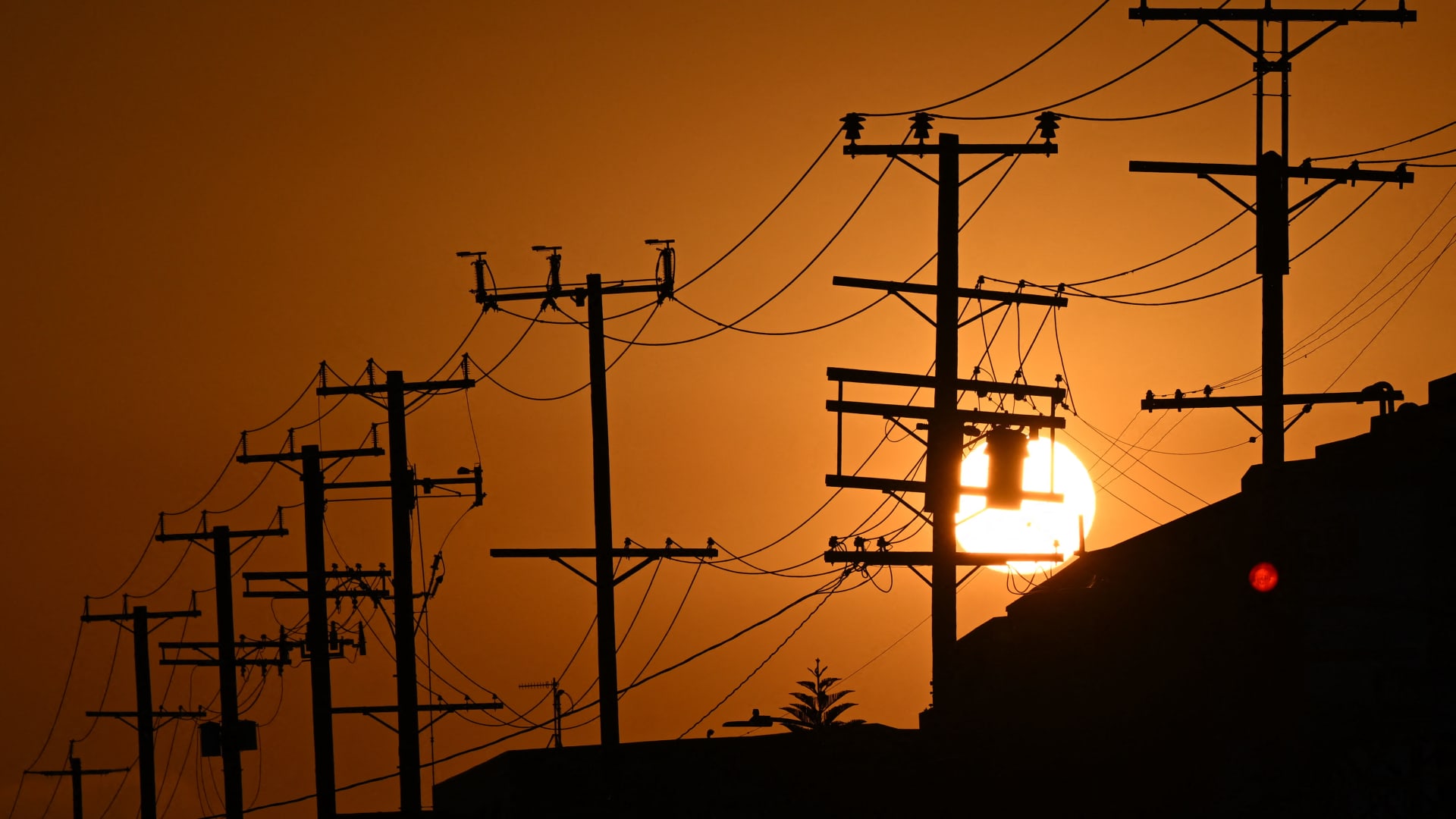Products You May Like
As millions of Americans across the country grapple with scorching heat, experts are offering up tips for saving money amid record-breaking temperatures.
Despite falling inflation, electricity prices remain elevated with a 5.9% annual increase in May, according to the U.S. Bureau of Labor Statistics. This summer, Americans are expected to pay about 2% more for electricity compared to last year, the U.S. Energy Information Administration predicts.
“This is one of those difficult times where staying cool is not just a matter of comfort and convenience — it can be a health and safety issue,” said Bruce McClary, a senior vice president of the National Foundation for Credit Counseling.
More from Personal Finance:
3 reasons it can be smarter to rent, even if you can afford to buy
Supreme Court case may impact federal wealth tax proposals
Your 401(k) plan may be worsening climate change, expert says
McClary said the heat wave is particularly concerning for warmer parts of the U.S., where summertime energy bills are already higher. For cash-strapped consumers, larger-than-expected electric bills can sometimes be the “tipping point” into a financial crisis, he said.
With lingering triple-digit temperatures in some parts of the country, here are some of the best ways to save on cooling expenses, according to experts.
1. Increase your thermostat
One of the top ways to save on home cooling costs is to bump up your thermostat, according to Mary Farrell, a senior editor with Consumer Reports. While your savings may depend on many factors, she said that changing the setting by even a few degrees can mean substantial savings.
You can save up to 10% per year on both cooling and heating by adjusting your thermostat 7 to 10 degrees from its normal setting for eight hours a day, according to the U.S. Department of Energy.
2. Minimize heat gain
It’s also critical to reduce your home’s “radiant heat gain” by closing the blinds or curtains for sun-facing windows and keeping the doors shut, said Arcadio Padilla, complex issues supervisor for Texas-based Reliant Energy.
While it’s nice to have natural light, it brings too much heat into the home during the summer, he said. “And that’s our enemy right now.”
3. Optimize your airflow
Another wallet-friendly option is to check on your system’s airflow. “Air conditioners use more energy when they have to work harder,” said Adam Cooper, Edison Electric Institute’s managing director of customer solutions.
Cooper said replacing dirty air filters reduces energy consumption by 5% to 15%, and you can make sure the system is working efficiently with regular tune-ups and keeping debris clear from the unit outside.
4. Check your thermostat setting
For high-humidity areas, Padilla from Reliant Energy also recommends keeping your thermostat on the “auto” setting rather than “on” or “circulate.”
“We don’t want to introduce more humidity,” he said, so if you have a smart thermostat, it’s critical to turn off the circulate function.
